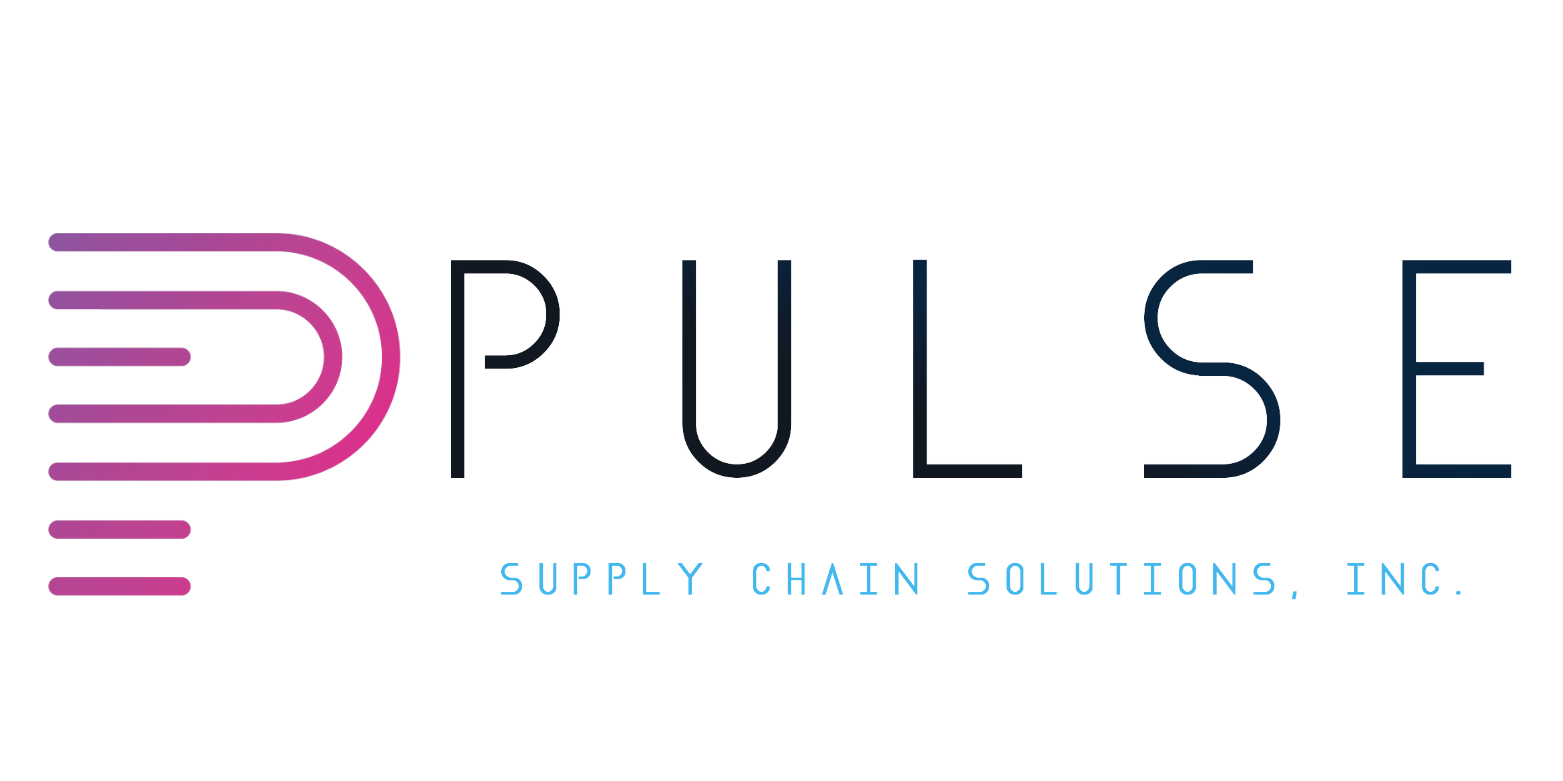By Matias Cacchione, VP Supply Chain & Strategic Accounts
 The issue of product returns looms large, casting a shadow over both profitability and sustainability efforts. As someone deeply entrenched in the telecom industry, I’ve grappled with the complexities of returns management and pondered how we can turn this challenge into an opportunity for positive change.
At the heart of the returns dilemma lies the sustainability issue. Each returned device represents not only a financial harm for the entire value chain, but also a burden on the environment. From transportation emissions to packaging waste, the environmental footprint of returns is significant and cannot be ignored.
However, rather than viewing returns solely as a liability, I believe there’s immense potential to flip the script and transform this challenge into an opportunity for innovation and leadership in sustainability. Enter the circular economy—a regenerative approach that aims to minimize waste and maximize the value of resources by keeping products and materials in use for as long as possible.
Imagine a world where returned smartphones, routers, and other telecom devices are not simply discarded or refurbished but repurposed and reintegrated into the production cycle. By adopting circular principles, manufacturers can extract additional value from returned products, reducing the need for raw materials and mitigating environmental impact.
But how do we make this vision a reality?
It starts with rethinking the entire lifecycle of telecom products, from design to disposal. Manufacturers must prioritize durability, reparability, and modularity, ensuring that devices can be easily disassembled and upgraded rather than replaced entirely. This shift towards a “design for circularity” approach not only extends the lifespan of products but also facilitates end-of-life recycling and reuse.
Collaboration is key to unlocking the full potential of the circular economy. By forging partnerships across the value chain—from suppliers to retailers to consumers—manufacturers can create closed-loop systems that enable the seamless flow of returned products and materials. This collaborative approach not only reduces waste but also fosters innovation and resilience in the face of global supply chain disruptions.
There is also a compelling business case for embracing circularity in returns management. By minimizing waste and maximizing resource efficiency, companies can reduce operational costs, enhance brand reputation, and tap into new revenue streams through refurbished product sales and value-added services.
As I envision a future where returns are no longer a burden but a catalyst for positive change, I’m inspired by the transformative potential of the circular economy.
By reimagining returns management through a sustainability lens, the telecom industry has a unique opportunity to lead the charge towards a more resilient, regenerative, and prosperous future for all.
The issue of product returns looms large, casting a shadow over both profitability and sustainability efforts. As someone deeply entrenched in the telecom industry, I’ve grappled with the complexities of returns management and pondered how we can turn this challenge into an opportunity for positive change.
At the heart of the returns dilemma lies the sustainability issue. Each returned device represents not only a financial harm for the entire value chain, but also a burden on the environment. From transportation emissions to packaging waste, the environmental footprint of returns is significant and cannot be ignored.
However, rather than viewing returns solely as a liability, I believe there’s immense potential to flip the script and transform this challenge into an opportunity for innovation and leadership in sustainability. Enter the circular economy—a regenerative approach that aims to minimize waste and maximize the value of resources by keeping products and materials in use for as long as possible.
Imagine a world where returned smartphones, routers, and other telecom devices are not simply discarded or refurbished but repurposed and reintegrated into the production cycle. By adopting circular principles, manufacturers can extract additional value from returned products, reducing the need for raw materials and mitigating environmental impact.
But how do we make this vision a reality?
It starts with rethinking the entire lifecycle of telecom products, from design to disposal. Manufacturers must prioritize durability, reparability, and modularity, ensuring that devices can be easily disassembled and upgraded rather than replaced entirely. This shift towards a “design for circularity” approach not only extends the lifespan of products but also facilitates end-of-life recycling and reuse.
Collaboration is key to unlocking the full potential of the circular economy. By forging partnerships across the value chain—from suppliers to retailers to consumers—manufacturers can create closed-loop systems that enable the seamless flow of returned products and materials. This collaborative approach not only reduces waste but also fosters innovation and resilience in the face of global supply chain disruptions.
There is also a compelling business case for embracing circularity in returns management. By minimizing waste and maximizing resource efficiency, companies can reduce operational costs, enhance brand reputation, and tap into new revenue streams through refurbished product sales and value-added services.
As I envision a future where returns are no longer a burden but a catalyst for positive change, I’m inspired by the transformative potential of the circular economy.
By reimagining returns management through a sustainability lens, the telecom industry has a unique opportunity to lead the charge towards a more resilient, regenerative, and prosperous future for all.
 The issue of product returns looms large, casting a shadow over both profitability and sustainability efforts. As someone deeply entrenched in the telecom industry, I’ve grappled with the complexities of returns management and pondered how we can turn this challenge into an opportunity for positive change.
At the heart of the returns dilemma lies the sustainability issue. Each returned device represents not only a financial harm for the entire value chain, but also a burden on the environment. From transportation emissions to packaging waste, the environmental footprint of returns is significant and cannot be ignored.
However, rather than viewing returns solely as a liability, I believe there’s immense potential to flip the script and transform this challenge into an opportunity for innovation and leadership in sustainability. Enter the circular economy—a regenerative approach that aims to minimize waste and maximize the value of resources by keeping products and materials in use for as long as possible.
Imagine a world where returned smartphones, routers, and other telecom devices are not simply discarded or refurbished but repurposed and reintegrated into the production cycle. By adopting circular principles, manufacturers can extract additional value from returned products, reducing the need for raw materials and mitigating environmental impact.
But how do we make this vision a reality?
It starts with rethinking the entire lifecycle of telecom products, from design to disposal. Manufacturers must prioritize durability, reparability, and modularity, ensuring that devices can be easily disassembled and upgraded rather than replaced entirely. This shift towards a “design for circularity” approach not only extends the lifespan of products but also facilitates end-of-life recycling and reuse.
Collaboration is key to unlocking the full potential of the circular economy. By forging partnerships across the value chain—from suppliers to retailers to consumers—manufacturers can create closed-loop systems that enable the seamless flow of returned products and materials. This collaborative approach not only reduces waste but also fosters innovation and resilience in the face of global supply chain disruptions.
There is also a compelling business case for embracing circularity in returns management. By minimizing waste and maximizing resource efficiency, companies can reduce operational costs, enhance brand reputation, and tap into new revenue streams through refurbished product sales and value-added services.
As I envision a future where returns are no longer a burden but a catalyst for positive change, I’m inspired by the transformative potential of the circular economy.
By reimagining returns management through a sustainability lens, the telecom industry has a unique opportunity to lead the charge towards a more resilient, regenerative, and prosperous future for all.
The issue of product returns looms large, casting a shadow over both profitability and sustainability efforts. As someone deeply entrenched in the telecom industry, I’ve grappled with the complexities of returns management and pondered how we can turn this challenge into an opportunity for positive change.
At the heart of the returns dilemma lies the sustainability issue. Each returned device represents not only a financial harm for the entire value chain, but also a burden on the environment. From transportation emissions to packaging waste, the environmental footprint of returns is significant and cannot be ignored.
However, rather than viewing returns solely as a liability, I believe there’s immense potential to flip the script and transform this challenge into an opportunity for innovation and leadership in sustainability. Enter the circular economy—a regenerative approach that aims to minimize waste and maximize the value of resources by keeping products and materials in use for as long as possible.
Imagine a world where returned smartphones, routers, and other telecom devices are not simply discarded or refurbished but repurposed and reintegrated into the production cycle. By adopting circular principles, manufacturers can extract additional value from returned products, reducing the need for raw materials and mitigating environmental impact.
But how do we make this vision a reality?
It starts with rethinking the entire lifecycle of telecom products, from design to disposal. Manufacturers must prioritize durability, reparability, and modularity, ensuring that devices can be easily disassembled and upgraded rather than replaced entirely. This shift towards a “design for circularity” approach not only extends the lifespan of products but also facilitates end-of-life recycling and reuse.
Collaboration is key to unlocking the full potential of the circular economy. By forging partnerships across the value chain—from suppliers to retailers to consumers—manufacturers can create closed-loop systems that enable the seamless flow of returned products and materials. This collaborative approach not only reduces waste but also fosters innovation and resilience in the face of global supply chain disruptions.
There is also a compelling business case for embracing circularity in returns management. By minimizing waste and maximizing resource efficiency, companies can reduce operational costs, enhance brand reputation, and tap into new revenue streams through refurbished product sales and value-added services.
As I envision a future where returns are no longer a burden but a catalyst for positive change, I’m inspired by the transformative potential of the circular economy.
By reimagining returns management through a sustainability lens, the telecom industry has a unique opportunity to lead the charge towards a more resilient, regenerative, and prosperous future for all. 

